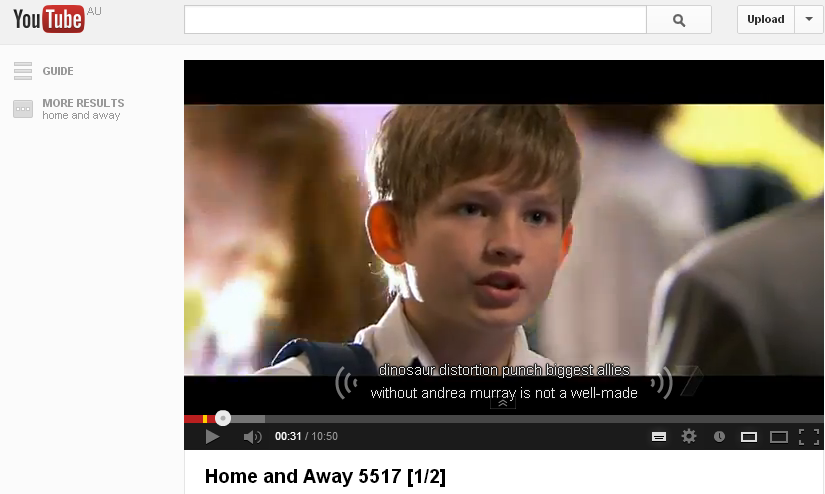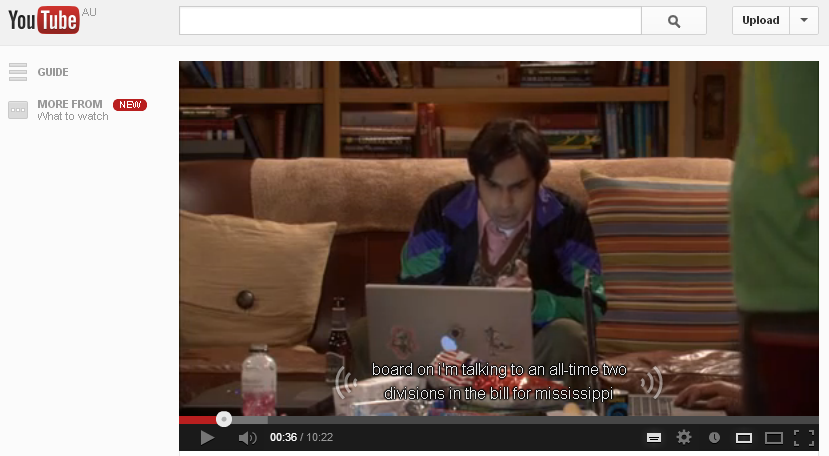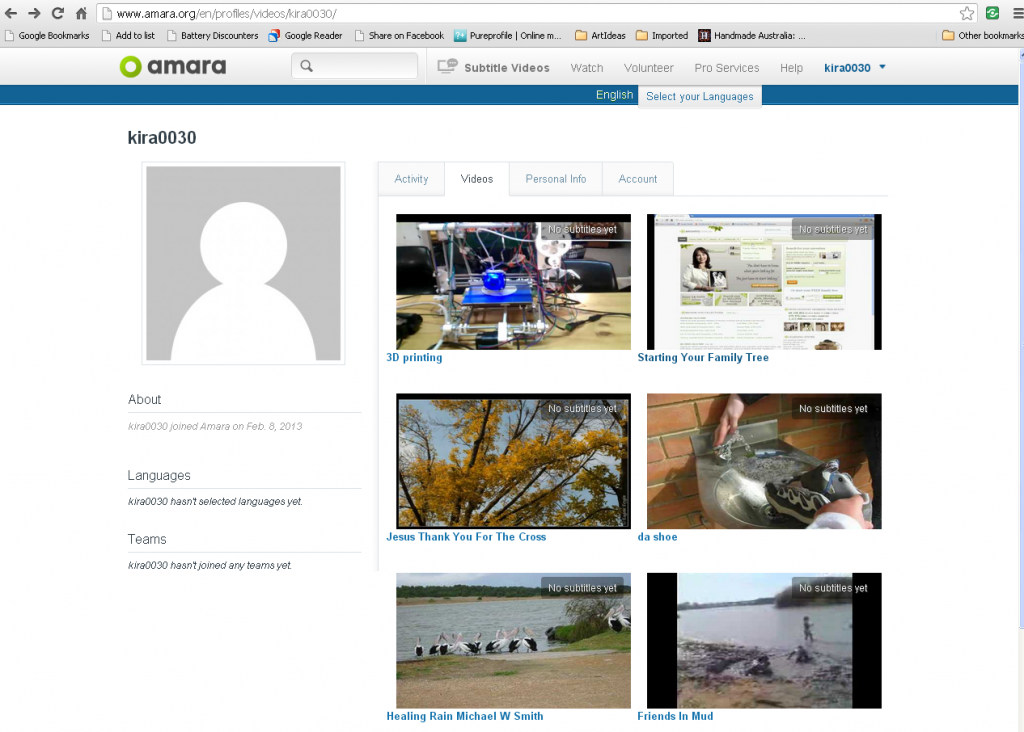If you make any videos for online please consider people who are deaf or hearing impaired and put subtitles in your video. If you’re uploading your video to Youtube please don’t rely on the youtube subtitles. They really, really suck.
Here are some examples;
- Bad Subtitling
If you have a youtube channel you can create an Amara.org account and link your channel to it. Amara volunteers will subtitle your videos for you or you can do them yourself using their easy subtitling interface, Universal Subtitles, for free.
It took me about 15 minutes to subtitle one of my videos. Here it is http://www.amara.org/en/videos/9eZi5is4dsZH/info/jesus-thank-you-for-the-cross/
There are also share buttons for Facebook and Twitter and an email button so that you can quickly and easily share your videos with your social networks. You can also get an embed code to embed your videos in your blog or web page.
Even if you don’t make videos or have a Youtube account you can still make subtitles for other people’s videos by joining a team at www.amara.org
Please consider subtitling your videos so that myself and others can utilise them to the full. Thanks 🙂












